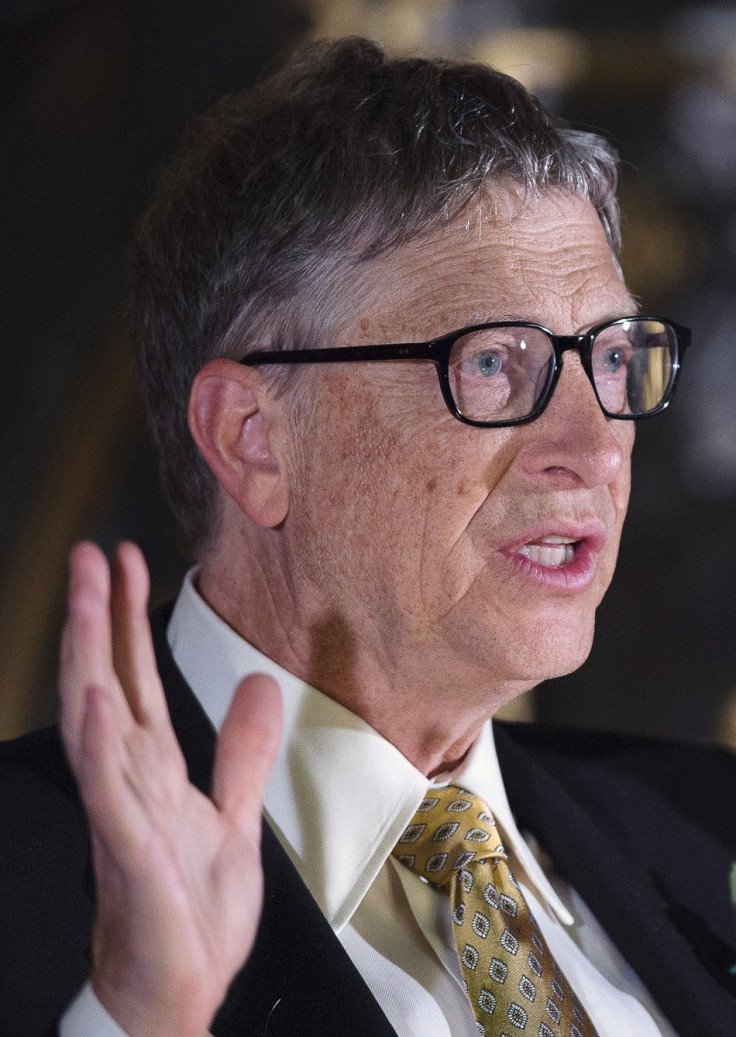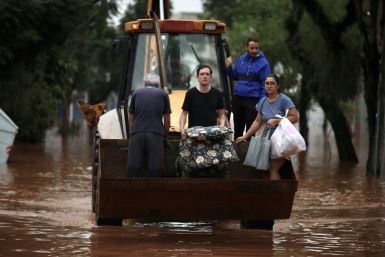Bill Gates Will Turn Waste Into Potable Water To Address Looming Sanitised Water Scarcity

Microsoft co-founder Bill Gates revealed through his blog that his very own Bill and Melinda Gates Foundation’s latest project will focus on making potable water out of human waste, or “poop,” as he prefers to call it. According to Gates, at least 2 billion people across the globe have no access to sanitised water and use latrines that are not properly drained. The diseases caused by poor sanitation kill more than 700,000 children every year.
Gates has tapped Seattle-based engineering firm Janicki Bioenergy to create the "video of himself drinking a glass of the finished product from the machine. "The water tasted as good as any I've had out of a bottle. And having studied the engineering behind it, I would happily drink it every day. It's that safe," Gates wrote on his blog.
However, the Omniprocessor remains unprofitable, as carrying out the waste-to-water conversion process requires a large amount of energy, making it more expensive than producing regular bottled mineral waters. Davey Alba of Wired said that it will take $1.5 million to process sewage for a community of about 100,000 people.
Gates said that the prototype still has to undergo several years of R&D to make it mass-marketable, but he strongly believes that this could be the future of water sanitation for many developing countries in the world. “If you can get thousands of these things out there, then you’ve ensured the people really will grow up in a healthy way. They’ll live much higher quality lives. You will save a lot of lives. And you’ll have local entrepreneurs who are maintaining these things,” he said.
Gates’s sincerity in helping communities seems to influence many startups in the country. Among these companies is American bio-remediation service firm provider OTCMKTS: ECEZ) , which develops innovative tablets capable of cleaning water pumps and septic tanks through “environment-friendly elements.”
“ Our Eco-Logical Tablets provide nutrients and billions of bacterial spores per gram, creating an environment that encourages the aerobic degradation of grease and solids. When applied regularly, our tablets effectively breakdown existing grease and prevent further solid formation,” the company said.
Each tablet has active oxygen, nutrients, buffers and safe aerobic microorganisms capable of cleaning and keeping wastewater systems running efficiently. According to the company, using their tablets is a good way to remind people on the importance of tank maintenance, an essential household chore that most people forget and take for granted.
“When applied regularly, our tablets effectively break down existing grease and prevent further solids formation. You just drop the tablet into the tank just like how you drop lemon wedge in a garbage disposal to freshen it,” the company UNWater.org , 1.8 billion people will be living in areas where there is water scarcity and about two-thirds of the world’s population could end up under stress conditions due to lack of access to safe water. By 2025, there could be 50 percent increase in water withdrawals in developing countries and 18 percent in developed countries if world leaders fail to address this issue.
The organisation also said that water use has been growing at more than twice the rate of population increase in the last century.
To contact the writer, email: vittoriohernandez@yahoo.com






